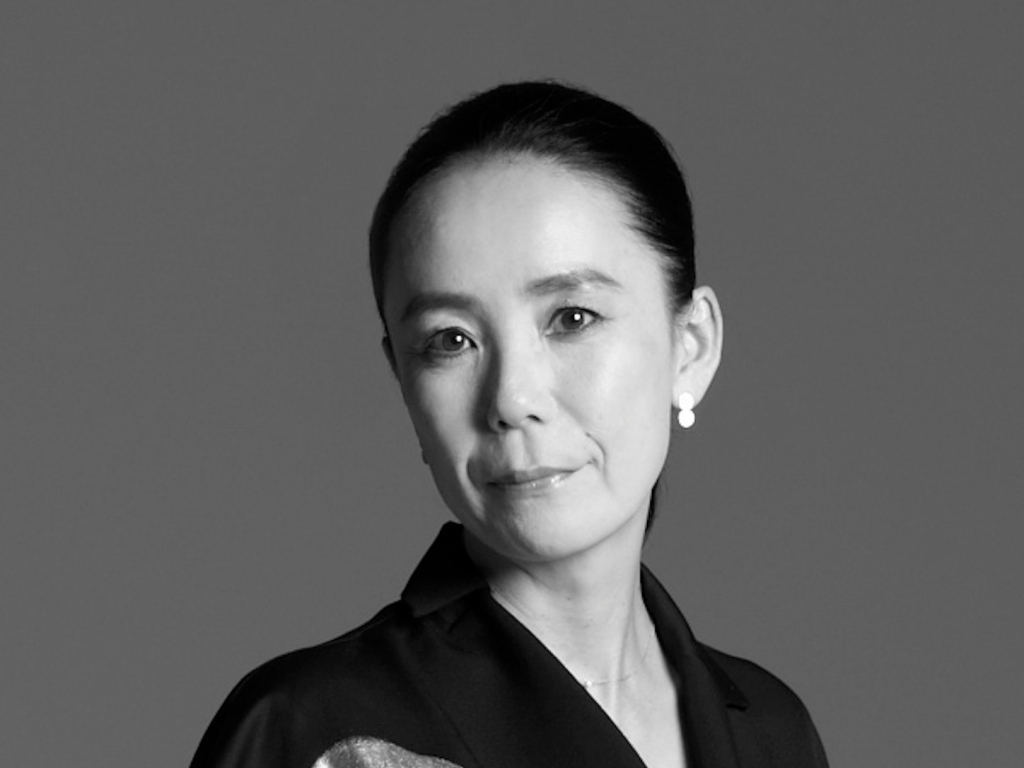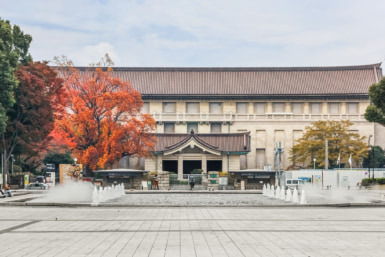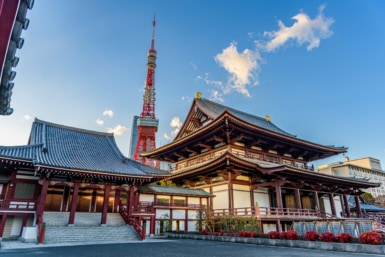Japanese auteur and Cannes Grand Prix winner Naomi Kawase was selected to direct the official film of the Tokyo 2020 Olympic Games, making her the fifth woman to direct an official Olympic film, following such predecessors as Caroline Rowland (London 2012) and Gu Jun (Beijing 2008).
The International Olympic Committee made the announcement this week, citing Kawase’s “nuanced understating of Japanese culture and Olympic values, as well as for her strong track record and outstanding international recognition.”
“The Olympic Games have a long and glorious history, and with the international sports event returning to Tokyo after 56 years, I’m thinking about the role bestowed on me,” said Kawase in a released statement. “I now feel that the ‘god of film’ that came to me that day has given me the chance to record this wonderful celebration of sport that connects people, and to leave a legacy for generations to come.”
“We anticipate it will make a big impact around the world and will become something that will be passed down to future generations.”
Yoshiro Mori, president of Tokyo 2020, said Kawase was selected to document the Olympic Games due to her world-class reputation, as well as her passion for sports, noting Kawase played in the national basketball tournament as a high school student.
“We are looking forward to seeing from which perspectives she will view the Games and what kind of historical work the film will become,” said Mori. “We anticipate it will make a big impact around the world and will become something that will be passed down to future generations.”
Born and raised in Nara, Kawase makes films that consistently pursue “reality” while crossing the boundaries between documentary and fiction. She became the youngest winner of the la Caméra d’Or award (best new director) at the 1997 Cannes Film Festival for her first 35mm film, Suzaku.
She earned further acclaim for her autobiographical documentaries, such Embracing, about her search for the father who abandoned her as a child, and Katatsumori, about the grandmother who raised her. Kawase earned the Grand Prix prize at the 2007 Cannes Film Festival for the arthouse film The Mourning Forest, a slow-burning fictional piece about the relationship between a grieving nurse and her elderly patient.
“I hope to capture ‘time’ and take full advantage of the appeal of documentary films and their ability to freeze those moments into ‘eternity.”
In addition to several appearances at Cannes, Kawase’s films have been featured at other top film festivals around the world, including Toronto, San Sebastián and Rotterdam. In 2016 Kawase served as the President of the Jury for the Cinéfondation and short films section of the 2016 Cannes Film Festival.
Kawase founded the Nara International Film Festival in her hometown and devotes herself to training younger directors. In 2018, her latest film Vision, starring Juliette Binoche and Masatoshi Nagase, was released worldwide. “Naomi Kawase – Retrospective and Exhibition”, a presentation of her life’s work, will be staged at the Pompidou Centre in Paris from November 23.
Kawase will build on a legacy of more than 100 years of Olympic film production, including the documentaries created for past Olympic Games that were held in Japan: Tokyo 1964 (directed by Kon Ichikawa), Sapporo 1972 (Masahiro Shinoda) and Nagano 1998 (Bud Greenspan).
“I hope to capture ‘time’ and take full advantage of the appeal of documentary films and their ability to freeze those moments into ‘eternity,’” said Kawase, “allowing the significance of the Tokyo 2020 Games to be communicated worldwide.”
After an extensive restoration project, the Olympic Film Collection today includes more than 40 feature-length and 60 short films in their original format and language.









